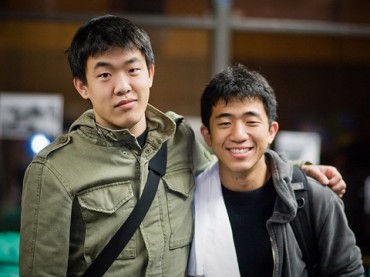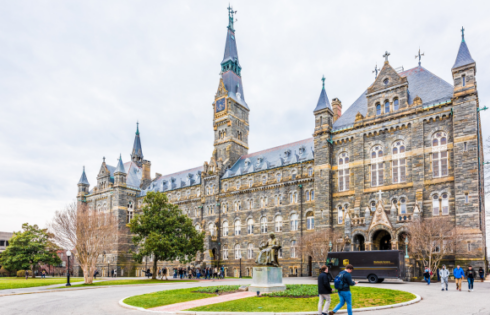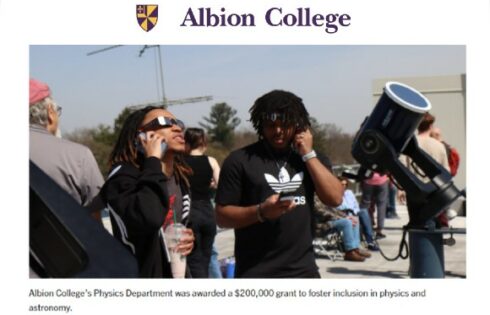
After a long paean to the wisdom of the two judges on the 5th U.S. Circuit Court of Appeals who upheld the University of Texas-Austin’s race-conscious admissions process for a segment of applicants, New York Times op-ed columnist Linda Greenhouse – the paper’s former Supreme Court correspondent – explains why she thinks the Supreme Court won’t touch the case again.
A little background: The Supreme Court sent back Fisher v. University of Texas to the 5th Circuit last year with explicit instructions to give UT-Austin “no deference” and instead apply “strict scrutiny” to the school’s claims that its admissions policies are “narrowly tailored” to achieve diversity, as The College Fix noted last week.
Greenhouse says the two judges upholding the program – the third dissented – went to great lengths to make it “cert-proof,” meaning the Supreme Court won’t accept Abigail Fisher’s promised appeal:
The case is complicated because the Texas plan is complicated; Judge Higginbotham called it “a unique creature” that “offers no template for others.” This may be the opinion’s most brilliant stroke, reducing this high-profile case to an eccentric one-off — just the kind of case the Supreme Court ordinarily steers clear of. Abigail Fisher’s backers have vowed to take the case back to the Supreme Court. But unless the new appeal offers a plausible vehicle for getting rid of affirmative action — a goal for which, as last June’s decision demonstrated, there are not five votes, why would the justices bother? [emphasis added]
Greenhouse predicts the next plaintiff in a race-conscious program challenge won’t be white:
Edward Blum, the frontman for a network of conservative foundations that channel money to his Project on Fair Representation, is currently scouring the elite college landscape to find a new Abigail Fisher (he recruited the first one) willing to lend his or her (hopefully Asian, this time) name to challenge a more typical admissions plan.
Asian students may be the biggest losers in any plan that swaps out objective admissions criteria for bias-prone subjective reviews, as former College Fix editor Robby Soave writes at Reason regarding proposed changes to New York City elite public school admissions:
While I can understand the desire to assist groups that aren’t making the cut for selective public schools, it doesn’t seem fair—or morally justifiable—to stack the game against Asians seeking admittance merely because other Asians have fared well.
Of course, this is exactly what universities practicing affirmative action have done for years, using ethnicity-based admission systems that grade Asian applicants on a much higher curve. Should students be judged on their own merits or against the expected accomplishments of other people who happen to look like them?
Read Greenhouse’s full analysis here, and Soave’s review of the New York City admissions debate here.
CORRECTION: This post originally misidentified Robby Soave as a contributor to The College Fix. It has been updated to identify him as the site’s former editor.
Like The College Fix on Facebook / Follow us on Twitter
IMAGE: Charlie Nguyen/Flickr






Please join the conversation about our stories on Facebook, Twitter, Instagram, Reddit, MeWe, Rumble, Gab, Minds and Gettr.